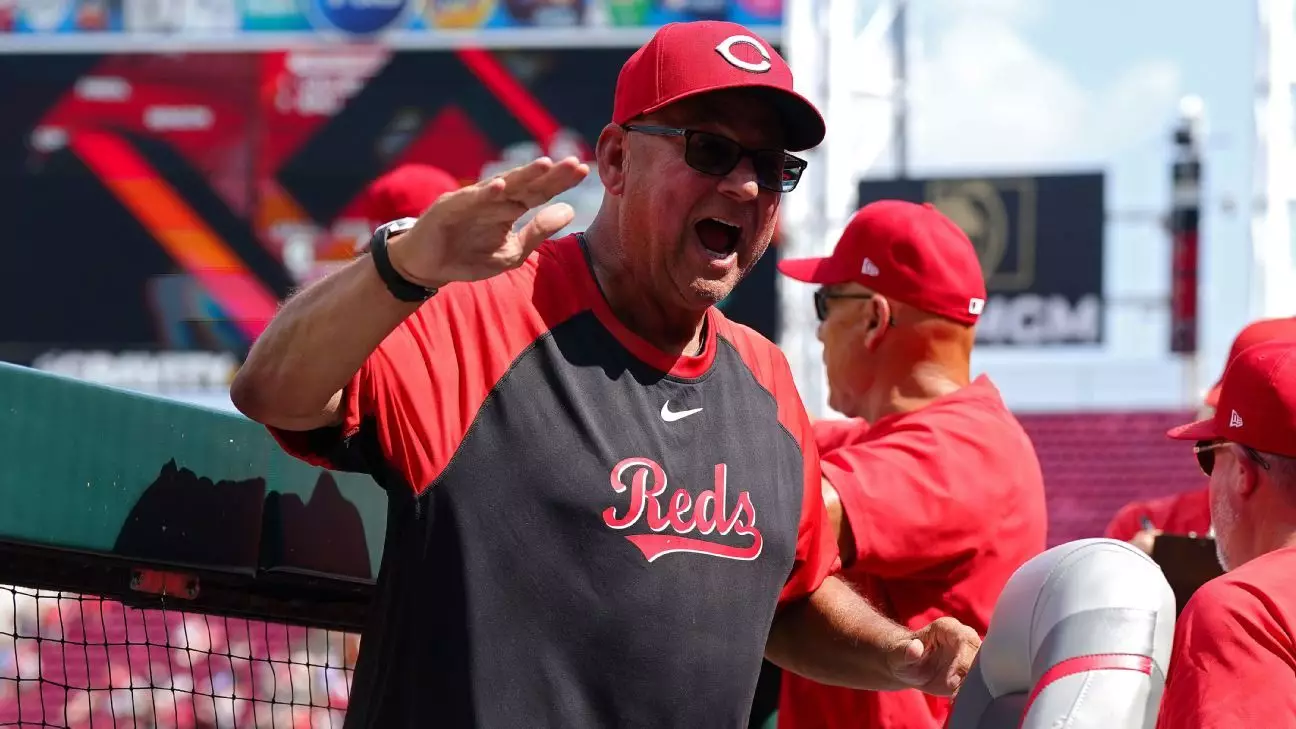Terry Francona’s recent achievement of reaching 2,000 managerial wins marks a pivotal moment not just in his illustrious career but also in Major League Baseball history. Joining the legendary ranks of only 13 managers to hit this incredible milestone, Francona’s perseverance and strategic brilliance underscore his profound influence on the game. With his latest victory for Cincinnati, he cements his status as one of the few active managers with such a distinguished record—placing him alongside giants like Bruce Bochy. Yet, behind this accomplishment lies a narrative that questions the very nature of managerial excellence, longevity, and adaptation in the high-stakes world of professional baseball.
A Legacy Built on Resilience and Adaptability
Francona’s career is a testament to resilience. From his early days playing for Cincinnati to becoming a revered thinker in the dugout, he has navigated the turbulent waters of managing multiple teams under immense pressure. His tenure with the Boston Red Sox and Cleveland Indians showcases his ability to lead teams through adversity, winning two World Series titles and guiding Cleveland to a memorable 2016 appearance. His record—2,000 wins against 1,719 losses—reflects not just success but an undying passion for the game. However, it is essential to recognize that such a longevity also brings challenges; managing for nearly a quarter-century exposes vulnerabilities, including moments of burnout, which Francona candidly admits impacted his health. His decision to step back last season exemplifies a deeper understanding of personal limits—a rare humility that adds depth to his managerial persona.
Evaluating the Recent Cincinnati Chapter
Francona’s return to managing Cincinnati after a year off signals more than just a career revival; it demonstrates his enduring commitment to the sport. With a modest 50-47 record in his first season back, new questions emerge about the sustainability of his methods and adaptability in a rapidly evolving baseball landscape. Yet, this transient success should not eclipse the broader impact he has had on team cultures and player development. Francona’s managerial approach—marked by emotional intelligence, strategic patience, and mentorship—continues to resonate with players and fans alike. His influence extends beyond wins; it’s about shaping resilient teams capable of overcoming the unpredictable nature of baseball.
Implications for Future Generations of Managers
If history is any indicator, Francona’s journey sets a benchmark for future baseball managers. His ability to reinvent himself while maintaining core principles showcases an effective blend of tradition and innovation. While most managers who reach 2,000 wins are enshrined in the Hall of Fame, Francona’s active status offers hope that perseverance, humility, and adaptability are vital components of managerial excellence. His career encourages aspiring managers to prioritize health and well-being without sacrificing competitive spirit, emphasizing that true leadership involves understanding one’s limits and energizing teammates accordingly. Moving forward, his example could influence how clubs view managerial longevity—not just as a pursuit of records but as a continual process of growth, mentorship, and resilience.
In sum, Terry Francona’s milestone is not merely a statistic; it’s an ode to enduring passion, strategic brilliance, and the relentless pursuit of excellence in baseball’s most challenging role. His story continues to inspire, challenge, and redefine what it means to lead with conviction and grace in one of the most demanding professions in sports.

